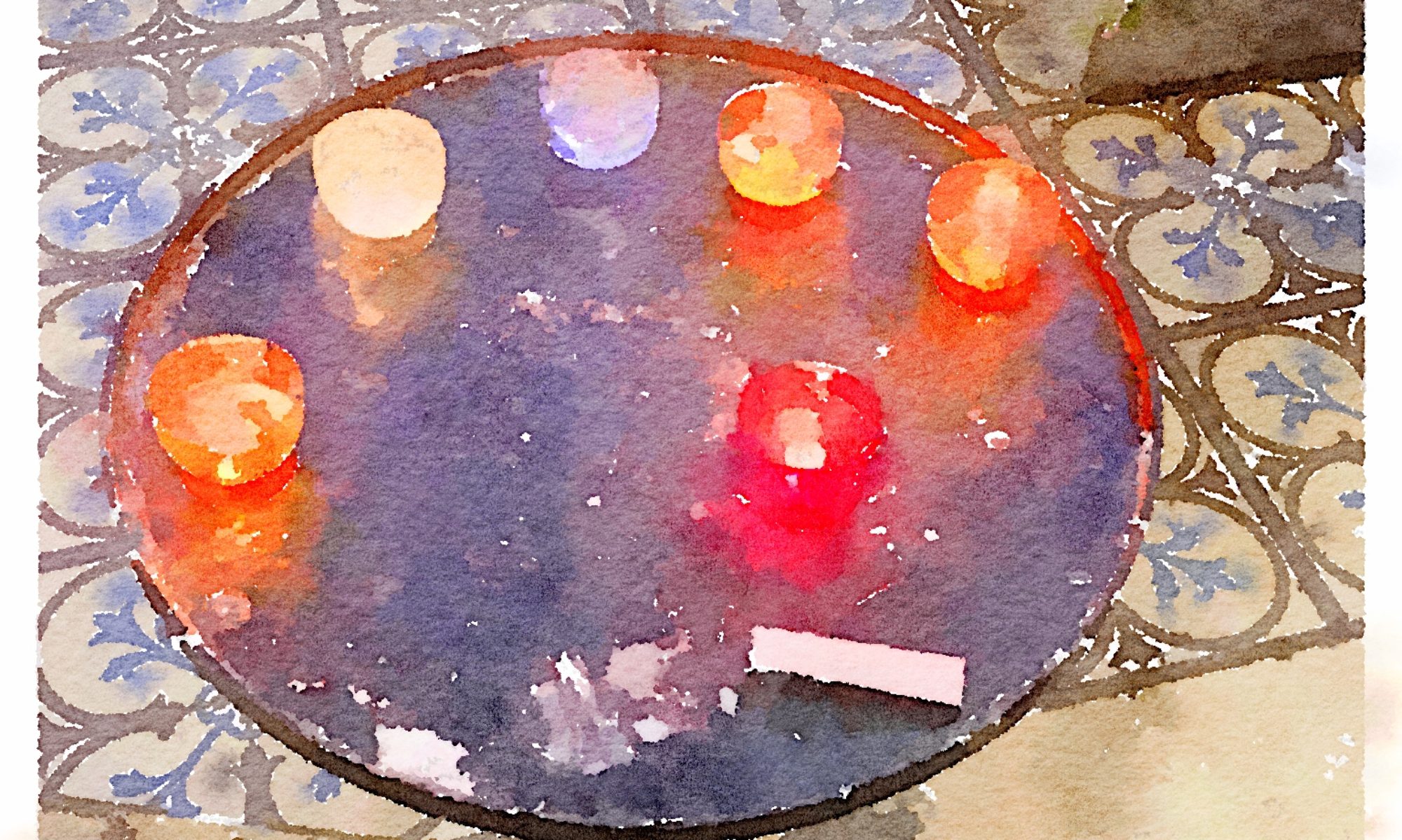@donnellsunderlan
Profile
Registered: 3 years, 3 months ago
What Everybody Should Know About Tonsillectomy
Tonsils are one of the crucial misunderstood buildings in the throat, not only by patients, however by many medical doctors as well. Traditional teaching states that tonsils are glands in the throat that help to struggle infection. Because they're blamed for most cases of repeated throat infections, tonsillectomy is likely one of the most commonly performed operations in the United States. As I am going to reveal within the remainder of this article, many tonsillectomies today are being performed unnecessarily. Simultaneously, there are too many tonsils still left in place when in reality they need to be removed. Here's the reason why.
What Are Tonsils?
Before I can clear up the contradictory statement above, I have to first explain what tonsils are and what they do to merit removal, if at all.
Tonsils are lymphoid tissue, like glands in your neck, armpits or groins. They're part of the immune system and are involved in learning what's overseas and serving to to make antibodies to help combat off infections. In young children, lymphoid tissues are very sensitive and might become vastly enlarged even after a simple cold or infection. When you've got younger children, I'm sure you're familiar with their complaints of sore throats each time they've colds.
It's also important to note, nevertheless, that tonsils can swell up not only after viral or bacterial infections, but also from allergies and acid reflux. Any degree of irritation or inflammation can cause the tissues to swell up. This is normal, and will happen to varied degrees in folks after any type of an infection, irritation or inflammation. As such, not all complaints of a sore throat are viral or bacterial in origin. There are numerous factors for an infected tonsil-this is the reason why antibiotics should not as effective in curing sore throats.
What Do Tonsils Do?
Tonsils are part of Waldeyer's ring, which is an entire circle of lymphoid tissue that's made up of both tonsils in the side partitions of your throat, the adenoids, which are within the midline back of your nose, and your lingual tonsil, which is located at the base of your tongue in the midline. In some cases, you may see small connections between all four glands, forming an entire circle. Anything that you breathe in or swallow has to go through this "ring", in order that the body can learn what's coming into the body. This process is most active around ages 3 to 6.
It is common knowledge what occurs when your tonsils become infected: your throat hurts, you have a fever, your neck glands damage (lymphoid glands that drain your tonsils), and you do not sleep well. Anything from simple cold viruses to micro organism, and even allergies can cause your tonsils to swell. Streptococcal micro organism are quite common, but there's one particular strain called Group A beta-Hemolytic Streptococcus (GABHS) that tested for and handled, since toxins produced by this strain can doubtlessly damage the guts or the kidneys. In theory, non-GABHS micro organism may also give you similar miserable signs, but when severe, doctors will typically give you oral antibiotics, which will make you're feeling higher in most cases.
When Tonsils Mean More Than Sore Throats
However there's one more variable that occurs throughout a tonsil an infection that's normally not appreciated-the truth that the tonsil can swell significantly. Humans have comparatively narrowed higher airway breathing passageways to start with, and even gentle inflammation and swelling in the throat can narrow this airway even additional, virtually always leading to various degrees of obstruction and arousal from sleep.
What this means is that, your enlarged tonsils not only affect how sore your throat feels, they will additionally cause you to sleep poorly. This is the reason why.
If the irritation and swelling caused by an infected tonsil causes your airway to narrow or impede entirely and this in turn, causes you to stop breathing, you'll either wake up to light sleep instantly, or stop breathing for 10 seconds or longer and then wake up. In this latter situation, you'll have skilled what's called an "apnea" or "loss of breath." Most individuals will have a number of brief obstructions and arousals-this is why you probably have a easy cold, you won't sleep as well, since you may toss and turn more usually than normal. Luckily, in most situations, once the infection goes away, you will return to normal.
However, there's one more piece to the puzzle that may prevent you from feeling better: This is the piece that many patients and even many doctors overlook as well. For those who stop breathing, even briefly, you will create a vacuum impact in your throat, where your stomach juices literally get suctioned up into your throat. Small quantities of acid, bile, digestive enzymes, and bacteria can cause your tonsils to stay swollen, aggravating this vicious process. Even worse, your stomach juices can then travel up into your nostril or down into your lungs, wreaking more havoc. Add to this a stuffy nostril, then another vacuum effect is created downstream, and the tongue can fall back even further.
If you enjoyed this short article and you would certainly like to receive even more info concerning sleep apnoea kindly go to our own page.
Website: https://dokter-tht-spesialis.com/blog/bahaya-mendengkur
Forums
Topics Started: 0
Replies Created: 0
Forum Role: Participant
